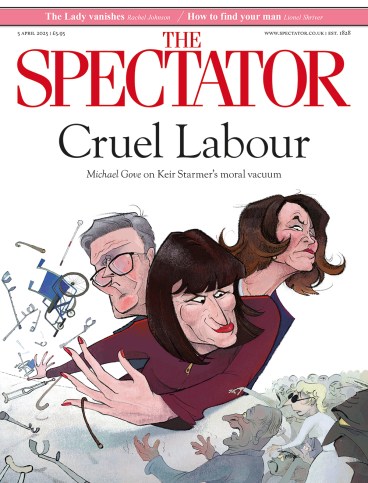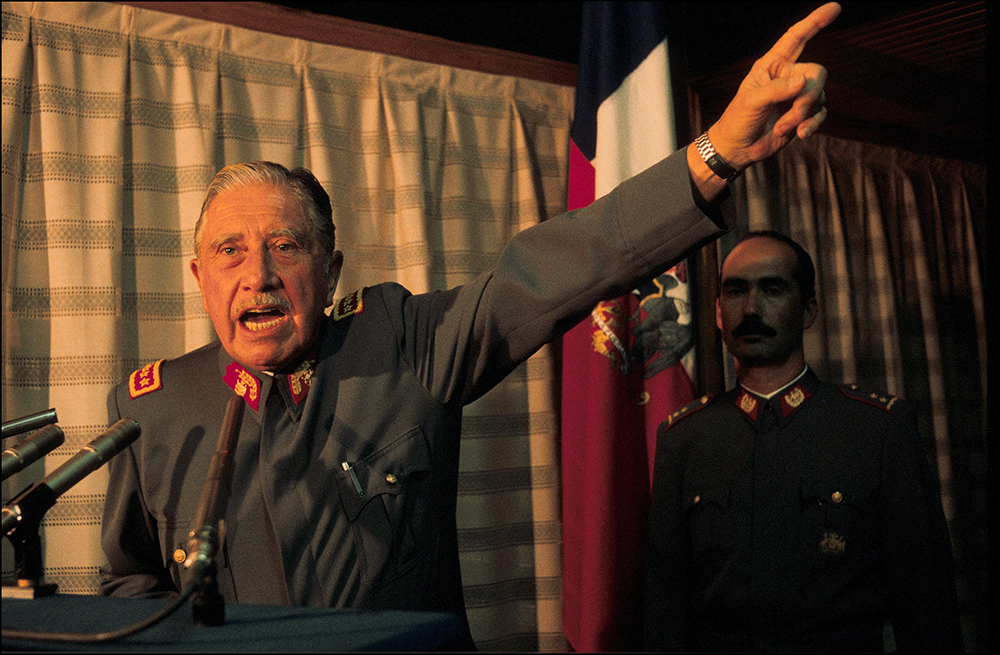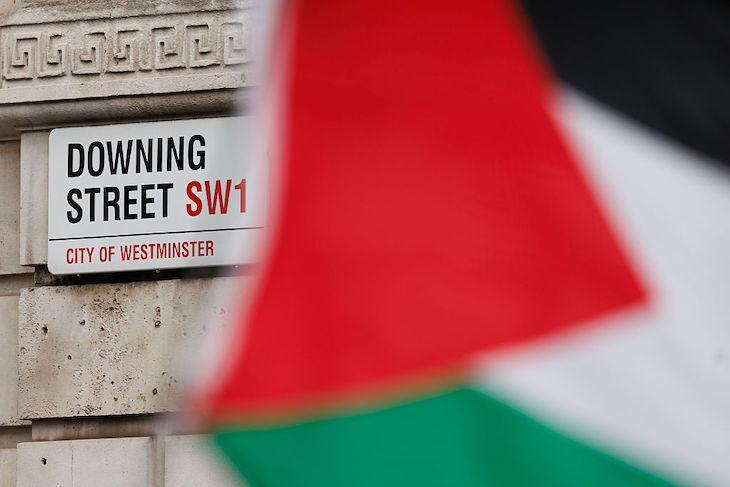
Calle Londres 38 is the address in Santiago of one of the notorious detention centres where the government of the Chilean dictator General Augusto Pinochet tortured and murdered its opponents after the military coup of 1973. This book is mainly about the international row that broke out between 1998 and 2000 when Pinochet, by then retired, visited London for a medical operation and a Spanish judge applied to have him extradited for trial in Spain.
There is a parallel narrative about the long and ultimately unsuccessful attempts to bring to justice Walther Rauff, a former SS officer deeply involved in the early stages of the final solution in Germany, who at the end of his life served as a consultant to Pinochet’s infamous security service, the DINA. Rauff died in 1984, well before the Pinochet affair, and the attempt to stitch the account of his doings into the Pinochet narrative does not really work. Most readers will find the meat of the book in the chapters about the judicial pursuit of the Chilean dictator.
Philippe Sands was personally involved in this long-drawn-out saga. So was I. He was a human rights barrister and advocate of international criminal jurisdiction. He acted initially for Human Rights Watch and then for the Belgian government when problems arose about the standing of NGOs to participate in the case. I advised the home secretary Jack Straw throughout Pinochet’s involuntary stay in England, together with the formidable Home Office lawyer Juliet Wheldon.
Sands’s account of the affair is written in the racy, personal style that many readers will recognise from his other books, notably East West Street, his gripping account of the birth of international jurisdiction over crimes against humanity. There is much circumstantial detail to add spice and human drama to the narrative (‘We had tea, little sandwiches with cucumber and eggs’, etc). It reads like a detective novel, fast and compelling. Sands’s model is Thucydides, complete with verbatim dialogue and set speeches. We need not believe these were the very words spoken.
The Pinochet case raised a controversial issue of enormous international significance. Is the former head of a friendly foreign state immune from criminal proceedings for international crimes? The legal immunity of foreign states is one of the oldest principles of international law, which the English common law has accepted since the 17th century. The immunity belongs to the foreign state, but it covers its officers and agents unless the state chooses to waive it. This is because states are coequal in international law and cannot sit in judgment on each other.
Straw’s instinct was probably to order extradition, but he was determined to do the right thing, legally and morally
But could that principle apply to international crimes? These are crimes triable by international tribunals, like the Nuremberg trials that tried the Nazi leaders for crimes against humanity. By treaty, some international crimes, including genocide and torture, are also triable by any national court regardless of where in the world they were committed.
Pinochet was charged with torture by an ideologically committed Spanish judge called Baltasar Garzon, who was also responsible for Spanish judicial investigations into General Galtieri, Silvio Berlusconi, Osama bin Laden and various officials of the George W. Bush government in the USA. The Torture Convention of 1984 empowers national courts to try cases of torture and requires them to take all reasonable steps to eradicate the practice. Torture is defined in the Convention as the deliberate infliction of pain by officers or agents of the state. So if a state were immune from criminal liability for torture, the Convention would be so much waste paper.
The Law Lords originally decided that Pinochet had no immunity at all for torture. That decision, however, was annulled when it was discovered that one of them, Lord Hoffmann, had a conflict of interest as a director of an Amnesty charity. When the appeal was re-heard, a new panel of the Appellate Committee agreed that Pinochet was not immune, but only in respect of torture committed after 1988 when Britain and Chile both adopted the Torture Convention. That would probably have killed the case against Pinochet if he had been extradited to Spain, because hardly any of the alleged offences were committed that late. Garzon managed to dredge up some more post-1988 cases, but the evidence of Pinochet’s personal responsibility for them was very thin.
That meant that the hot potato was passed to Straw. Under the then law, the home secretary had wide discretion on whether to extradite alleged criminals. Straw’s personal instinct was probably to order Pinochet’s extradition, but he was determined to do the right thing, legally and morally.
In the event, the whole affair was overtaken by reports of the 85-year-old Pinochet’s deteriorating state of health. Straw commissioned an examination by four eminent specialists, two of whom were fluent Spanish speakers. They reported that although physically fit, Pinochet had a serious loss of short-term memory, which would make it exceptionally difficult for him to follow a trial. This was nothing to do with his ability to remember the events of his life, let alone his ability to stand up from a wheelchair. It was about his ability to remember the beginning of a sentence by the time he got to the end. The conclusion was that he was legally unfit to stand trial. The law of Spain was the same. He could not have had a fair trial in England, Spain or anywhere else.
Sands suggests that Pinochet’s release on health grounds may have been a stitch-up between Chile and the UK
The reports were reviewed by Sir Liam Donaldson, the government’s chief medical officer, who endorsed them as thorough and professional assessments. Sands reports the views of various medics who said that the Home Office experts were wrong; but none of them was really in a position to speak, because none of them had examined the patient. The four Home Office experts considered some of these criticisms at the time and explained why they were unable to agree. So Pinochet was released to fly back to Chile.
Sands’s account of these events is rather overdramatised, but if one ignores the theatrical dialogue (a legitimate literary device), it is generally extremely accurate. I would quarrel with only one point. He suggests that Pinochet’s release on health grounds may have been a stitch-up between the Chilean and British governments. This is certainly untrue. The home secretary has a solitary, quasi-judicial role in decisions about extradition. They are his personal decisions and not the collective decisions of the government. Straw was not involved in whatever discussions the Chilean government may have had with the Foreign Office or No. 10. No one leaned on him, and he would have paid no attention if they had. I had to draft the statements of Straw’s reasons, and if there had been any understanding with the Chileans I think I would have known about it.
The Pinochet affair remains a significant moment for other reasons. In the first place, the Law Lords declared the relevant international law in terms which are intellectually principled and have been generally accepted internationally. Secondly, the case had an indirect effect on English extradition law. Extradition cases were coming in thick and fast, and the Home Office had had to maintain a large extradition department for many years. Home Office ministers were fed up with being in the frame every time there was a public controversy about it. The Pinochet case was one of the factors that led the Home Office to shed much of its responsibility in the Extradition Act of 2003. That Act introduced a new regime which in most cases amounted in practice to extradition on demand. As a result, we are now far too ready to extradite people, without any scrutiny of the basis of the allegations and often for crimes that were committed in Britain and ought to be tried here if they are tried anywhere.






Comments